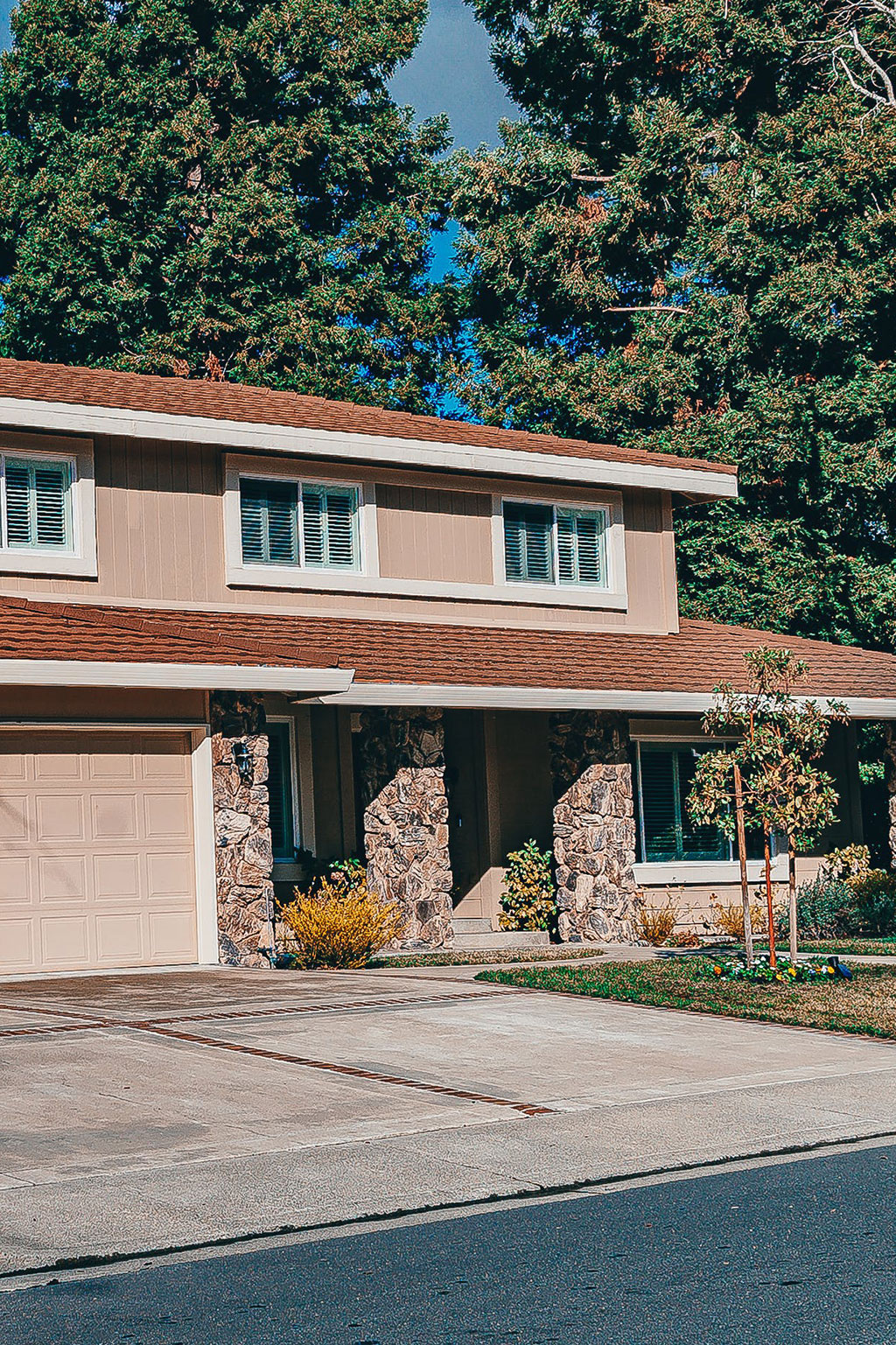How to Get a Favorable Interest Rate in Any Economy
In late January, the Federal Reserve halted the increase of interest rates for the fourth consecutive month.
While they remain elevated compared to recent years, the Fed is growing more confident that inflation will stabilize at 2 percent, likely leading to even further reduced rates. This, in turn, may have a favorable influence on the real estate market, especially for homebuyers, as mortgage rates drop as well.
No matter what the future holds, however, there are still many ways you can secure a favorable rate. If you’re looking to buy a home this year, utilize the following guide to help determine a strategy and make your homeownership dreams a reality.

Manage your credit score
One of the most important things you can do when trying to qualify for a mortgage is take command of your credit score—the higher it is, the less of a risk you’ll seem to lenders. This starts with tracking it each month. If it’s on the lower end, there are several steps you can take to help improve it, including being timely with payments on all your revolving accounts. You’ll also want to pay down the balance on your debt, especially if you have high-interest credit cards, and avoid taking on any new debt, either for yourself or as a cosigner. Lastly, work to resolve delinquencies or anything considered as a collection, and look into and report anything that seems questionable.
Buy mortgage points
Buying points is a form of prepaid interest that helps lower your interest rate—typically by 0.25 percent—and thus your monthly mortgage payment. Each point costs 1 percent of your loan amount and most lenders allow you to purchase up to four. For example, if you borrow $350,000 and you buy one point, you’ll pay a fee of $3,500; if you purchase two points, your cost will be $7,000. This fee then becomes part of your closing costs.
Although this option may appear costly at first glance, it can lead to savings of several thousand dollars over the life of the loan. However, this only makes financial sense if you plan to stay in your home for at least five years; otherwise, you likely won’t recoup your initial costs. The details and offers can also vary by lender, so be sure to shop around to find the best discount rate.
Get a rate buydown
Unlike buying mortgage points, which lowers the interest rate for the life of the loan, this option entails paying the lender an up-front fee to reduce the rate during the first few years of the mortgage only. This can be especially advantageous if your current financial situation is not ideal but is expected to change, such as if you’re working to get an increase in income that can better support the higher interest rate after the introductory period.

Increase your down payment
Lenders often offer a lower interest rate when there’s a substantial down payment since it indicates you’re less of a risky borrower. Even better, a higher down payment will reduce your mortgage amount and your monthly payment will also be lower. And if you’re getting a conventional loan, a down payment of 20 percent or more will allow you to avoid paying private mortgage insurance.
Consider an adjustable-rate mortgage (ARM)
Also commonly known as a variable-rate mortgage, an ARM can be an attractive choice if you have no intention of residing in the home for an extended period or plan to refinance after a few years. Just note that the rates for an ARM and a thirty-year fixed mortgage are currently not drastically different, so be sure, to check with your lender to determine which path is best for you.
Obtain a government-backed loan
Conventional loans typically offer lower interest rates only to borrowers with a strong credit score, a favorable debt-to-income ratio, and a substantial down payment. On the other hand, government-backed loans—including those from the Federal Housing Administration (FHA), Department of Veterans Affairs (VA), and the US Department of Agriculture (USDA)—provide greater flexibility in these criteria, potentially resulting in a lower interest rate regardless of your financial situation. These types of loans work well if you’re a first-time homebuyer and are finding it a challenge to meet the requirements of a conventional loan.
With this current interest-rate freeze coupled with the unknown of where rates will go next, you may be feeling uncertain about your next moves. However, your homeownership goals are very much still in reach as long as you do your research and strategize carefully. Work with your real estate agent and lender to determine what options are available and how they may align with your preferences and budget.


















